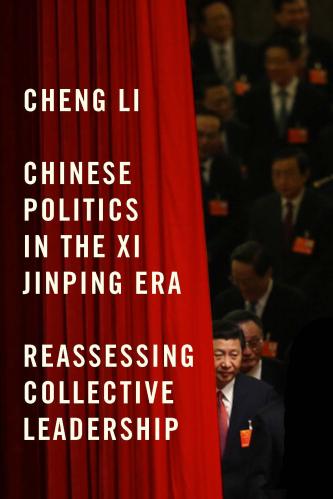

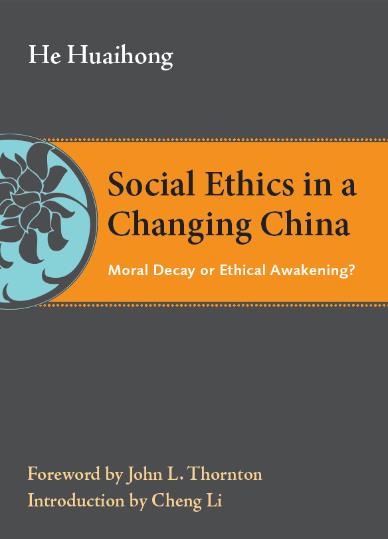
Book
Over the past half-century, China has experienced incredible human dramas, ranging from Red Guard fanaticism and the loss of education for an entire generation during the Cultural Revolution to the...
Read the Introduction by Director of the John L. Thornton Center, Cheng Li.
Over the past half-century, China has experienced some incredible human dramas, ranging from Red Guard fanaticism and the loss of education for an entire generation during the Cultural Revolution, to the Tiananmen tragedy, the economic miracle, and its accompanying fad of money worship and the rampancy of official corruption. Social Ethics in a Changing China: Moral Decay or Ethical Awakening? provides a rich empirical narrative and thought-provoking scholarly arguments, highlighting the imperative for an ethical discourse in a country that is increasingly seen by many as both a materialistic giant and a spiritual dwarf.
Professor He Huaihong was not only an extraordinary firsthand witness to all of these dramas, he played a distinct role as a historian, an ethicist, and a social critic exploring the deeper intellectual and sociological origins of these events. Incorporating ethical theories with his expertise in culture, history, religion, literature, and politics of the country, He reviews the remarkable transformation of ethics and morality in the People’s Republic of China and engages in a global discourse about the major ethical issues of our time. The book aims to reconstruct Chinese social ethics in an innovative philosophical framework, reflecting China’s search for new virtues.
Thornton Center Chinese Thinkers Series
CONTENTS
Foreword by John L. Thornton
Introduction by Cheng Li
1. Reconstructing China’s Social Ethics
2. Historical and Sociological Origins of Chinese Cultural Norms
3. The Transformation of Ethics and Morality in the PRC
4. China’s Ongoing Moral Decay?
5. Ethical Discourse in Reform Era China
6. Chinese Ethical Dialogue with the West and the World
Related Books

Cheng Li
October 18, 2016
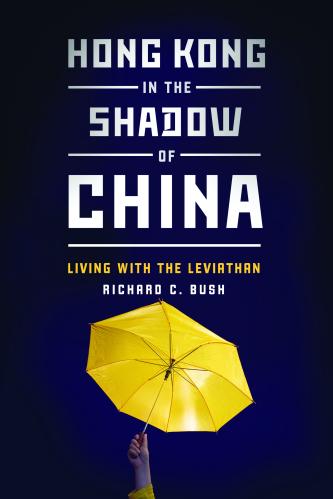
Richard C. Bush
October 11, 2016
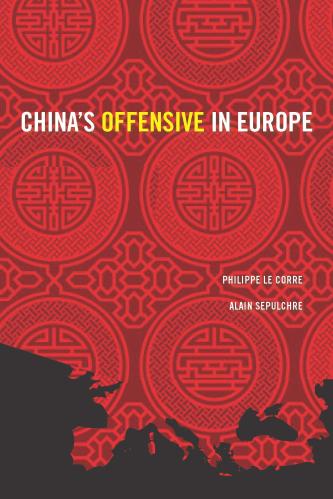
Philippe Le Corre, Alain Sepulchre
May 17, 2016
We should thus be very grateful for the Thornton Center Chinese Thinkers Series which, like the Princeton-China Series, presents Anglophone readers with translations of representative writings by leading Chinese intellectuals. The latest volume in the series collects 19 essays by the ethicist and social critic He Huaihong, together with an outstanding introductory essay by Cheng Li. The translation is excellent and He’s insights and arguments deserve a broad audience—an audience not just of people who want to understand contemporary China, but also of those who want to engage with and learn from it.
—Stephen C. Angle, The China Quarterly
In Social Ethics in a Changing China, distinguished scholar He Huaihong seeks to respond to and relieve the moral malaise of a contemporary China reeling from the stresses and strains of having transitioned from the nineteenth to the twenty-first century in a single generation. Offering a clinic on the archeology of culture, he excavates the rich veins of ethical thinking buried in the history and culture of this antique civilization to present a bold vision for a revitalized egalitarian social ethic to guide the trajectory of China’s continuing economic and political ascent.
—Roger T. Ames, professor of philosophy, University of Hawai’i
Social Ethics in a Changing China identifies the universal moral foundations of Confucian values in order to suggest ways in which those values can be realized in contemporary Chinese society. His knowledge and candor about China, old and new, is impressive and will illuminate China even for non-specialists. Because Professor He investigates the foundations of morality, his book is a significant contribution to political theory in general.
—Aloysius Patrick Martinich, Roy Allison Vaughan Centennial Professor of Philosophy, University of Texas at Austin
All societies need a “moral foundation.” Today’s China especially needs to rebuild its ethical base, given society’s rapid changes and development. This rebuilding not only needs to suit modern Chinese society, but must also be based on the intrinsic traditions of Chinese culture. This volume by He Huaihong explains this need from the perspective of ethics more pointedly and profoundly than any other.
—Chen Lai, professor of philosophy and dean of the Academy of Chinese Learning, Tsinghua University
Authors
Foreword by
Introduction by
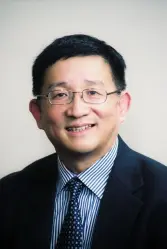
He Huaihong, one of the most influential ethicists in present-day China, is a professor of philosophy at Peking University in Beijing.
Cheng Li, director and senior fellow of the John L. Thornton China Center at Brookings, is author of the upcoming book, Chinese Politics in the Xi Jinping Era: Reassessing Collective Leadership (Brookings, 2016).
John L. Thornton is cochairman of the board of trustees at the Brookings Institution and professor and director of global leadership at Tsinghua University.